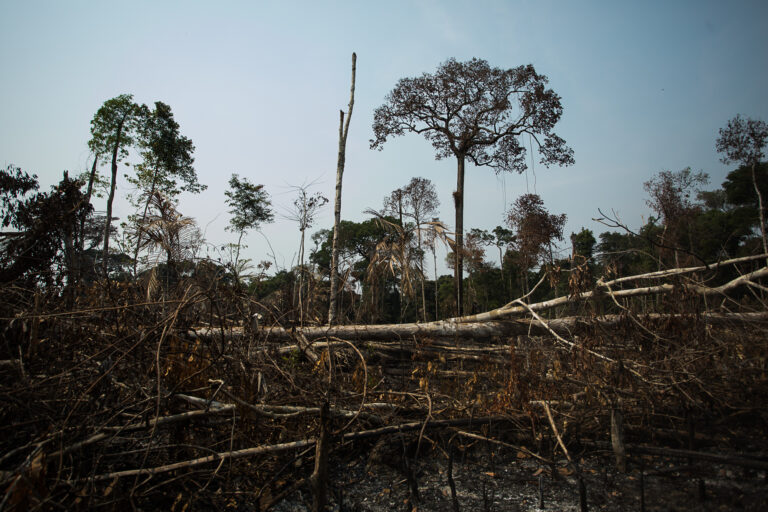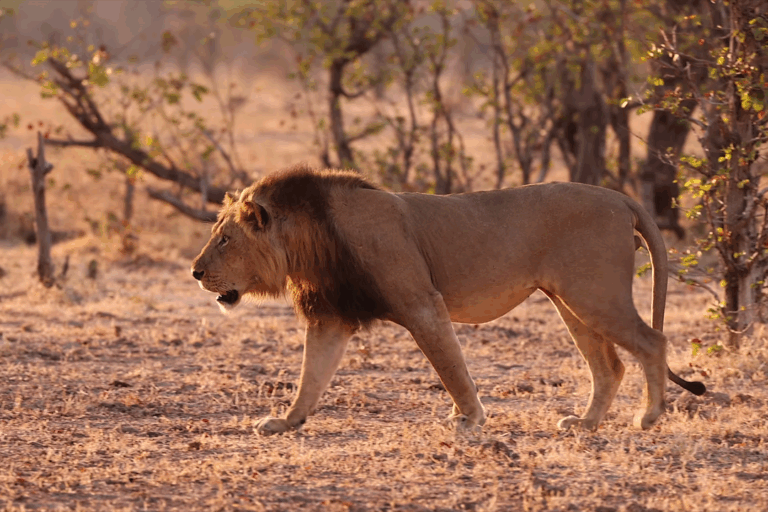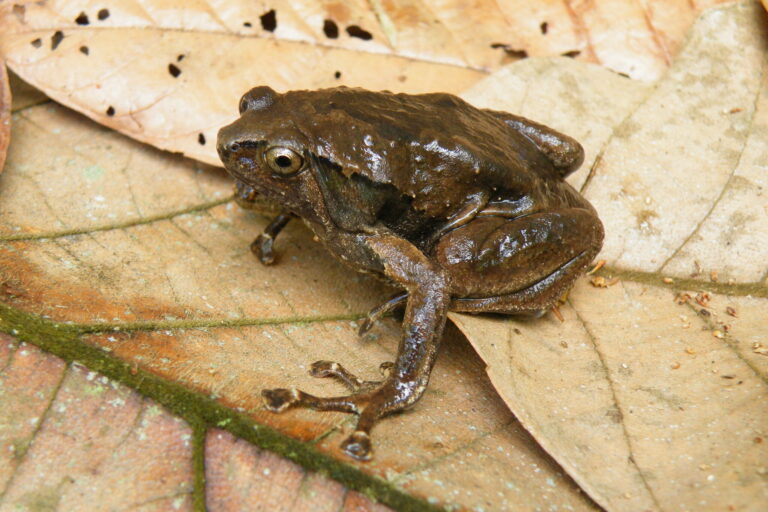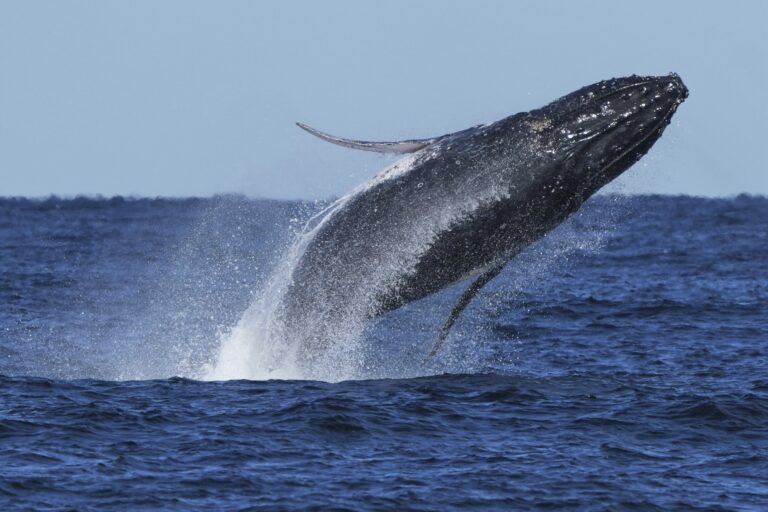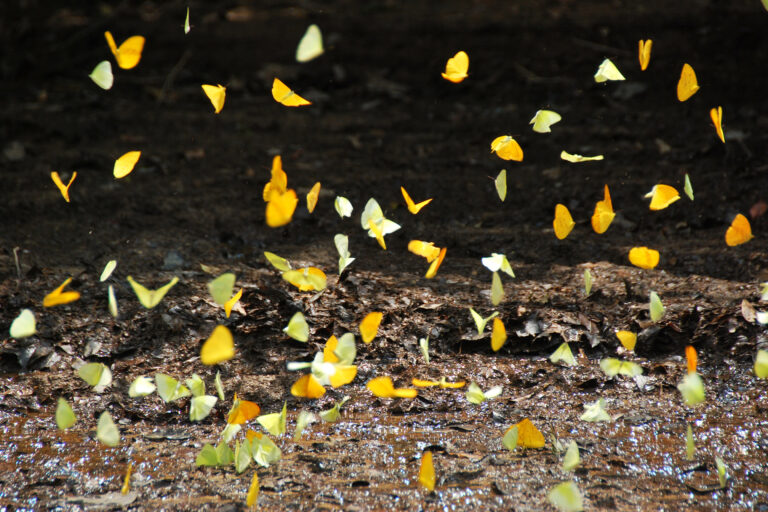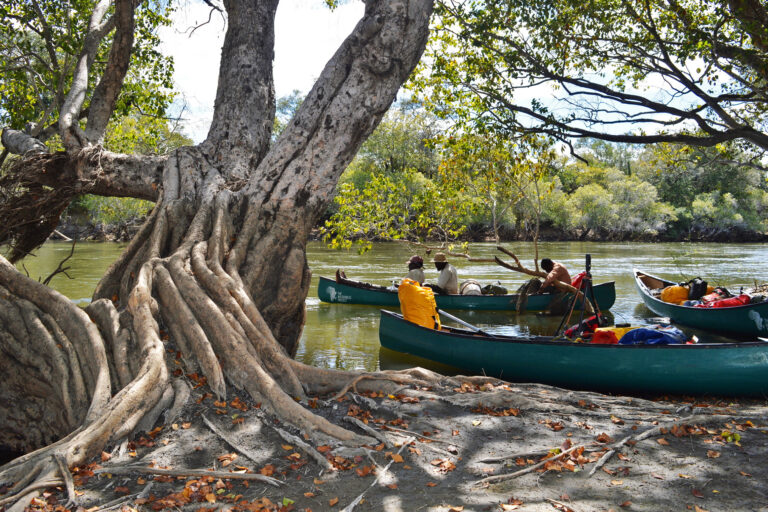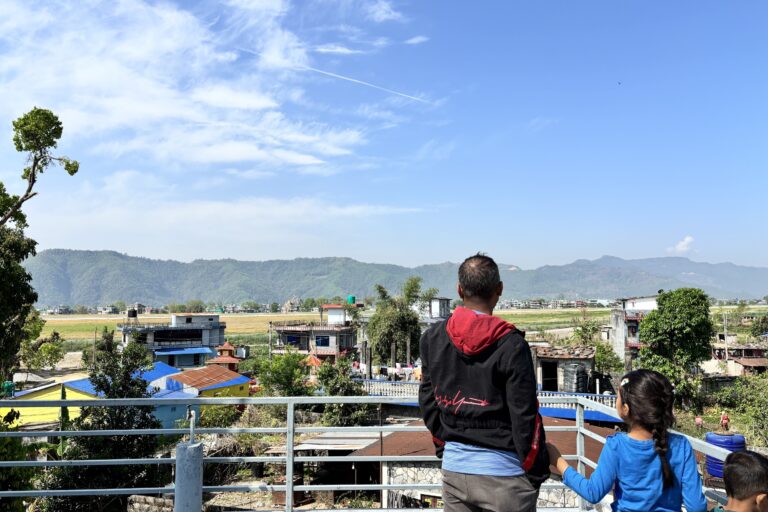After being found guilty in February of environmental harm and ordered to pay $8.6 billion in an Ecuador court of law, Chevron this week faced another trial: this time by shareholders in its Annual General Meeting in California. While Chevron has appealed the Ecuador case and a US court has put an injunction barring the enforcement of the ruling in the US, notable Chevron investors say the company has gone astray in its seemingly endless legal battle with indigenous groups in the Ecuadorian Amazon.
“Chevron has suffered grave reputational damage […],” reads a letter to the company signed by a number of shareholders owning $156 billion in Chevron assets, including New York State Comptroller Thomas DiNapoli, as well as Oxfam America, the Unitarian Universalist Association, and the Catholic religious order, Missionary Oblates of Mary Immaculate.
“Chevron has admitted in sworn legal statements that the company is at risk of ‘irreparable injury to [its] business reputation and business relationships’ from potential enforcement of the Ecuadorian court judgment. In fact, much injury has already occurred and grows more severe every day that the company delays the adoption of a new approach to this case,” the letter continues.
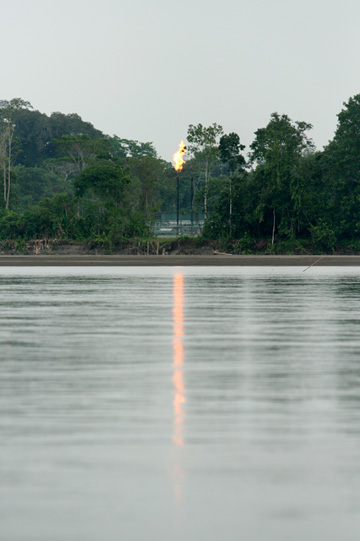 Gas flare at an oil refinery in the Ecuadorian Amazon. Photo by Jeremy Hance. |
The Ecuador lawsuit contends that poor environmental safeguards from Texaco in the 1970s and 80s led to widespread oil contamination and high rates of diseases, including cancer, among the communities in the Ecuadorian Amazon. In 2001 Chevron purchased Texaco and inherited the legal fight.
“This marks ten years since the shareholders meeting on the eve of Chevron’s acquisition of Texaco, when I stood before then Chevron CEO David O’Reilly and warned him that by buying Texaco he was purchasing a multibillion dollar liability,” said Atossa Soltani, Executive Director of Amazon Watch, an indigenous rights organization, in a press release. “I hoped that Chevron would take a different path than Texaco’s deceptive approach. Instead, Chevron’s mismanagement of the crisis in Ecuador has ballooned into an $18 billion guilty verdict.”
According to the plaintiffs in the case, Texaco buried toxic oil waste in crude shallow pits that eventually leached into the Ecuadorian Amazon’s river system, contaminating drinking water and resulting in the deaths of over 1,000 people. For its part, Chevron has argued that Texaco, which drilled in conjunction with local company Petroecuador, spent $40 million cleaning up oil over three years and in return was released from any possibility of lawsuit. However, the plaintiffs have argued that agreement was illegal.
According to the shareholders’ letter Chevron’s behavior during the decades-long court case has made them “question whether our Company’s leadership can properly manage the array of environmental challenges and risks that it faces.” They say the company has ‘displayed poor judgment’ in not offering a ‘reasonable settlement’ to the plaintiffs.
The lawsuit in Ecuador was not the only environmental thorn to surface during the meeting: environmental issues from oil spills in Angola, to contamination in the Niger Delta, to pollution from a refinery in Richmond, California were aired.
In addition, a vote to have Chevron revel the environmental impact of hydraulic fracturing, commonly known as ‘fracking,’ was defeated. Chevron opposed the measure.
“People are dying,” Kenneth Davis, a Richmond resident, told Chevron executives. “That’s the reason we all are here. You are a bunch of liars and thieves. You steal from all over the Earth, then you process what you have taken in Richmond.”
Davis was prevented by security guards from hand delivering a document to Chevron CEO, John Watson, as reported by the Contra Costa Times.
Chevron is in the top 5 US companies and among the world’s top six oil companies. In 2010 Chevron earned $19.02 billion.
“We had a tremendous year,” Watson told the meeting.
Related articles
Indigenous group claims Ecuadorian government complicit in ‘genocide’
(04/06/2011) Ecuador’s paramount indigenous organization has filed a legal complaint against the government, including President Rafael Correa, for allegedly participating in ‘genocide’ against indigenous people in the Amazon. The Confederation of Indigenous Nationalities of Ecuador (CONAIE) is arguing that expanding oil exploration and mining is imperiling the lives of uncontacted tribes that have chosen voluntary isolation known as the Tagaeri and the Tarmenane, reports the AFP.
Chevron found guilty, ordered to pay $8.2 billion in epic oil contamination fight
(02/14/2011) It was the environmental legal battle that some believed would never end (and they may still be right). But today in Lago Agrio, Ecuador, after 18 years of an often-dramatic court case, Chevron was found guilty of environmental harm and ordered to pay $8.2 billion in damages, however the oil giant says it will appeal the ruling. The lawsuit was filed by indigenous groups in the Ecuadorian Amazon who argue that poor environmental safeguards from Texaco in the 1970s and 80s led to widespread oil contamination and high rates of diseases, including cancer, among the populace. In 2001 Chevron purchased Texaco and inherited the legal fight. For its part, Chevron has dubbed the ruling “illegitimate” and with an appeal will drag the case on longer.
Oil, indigenous people, and Ecuador’s big idea
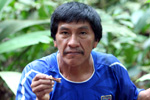
(11/23/2010) Ecuador’s big idea—potentially Earth-rattling—goes something like this: the international community pays the small South American nation not to drill for nearly a billion barrels of oil in a massive block of Yasuni National Park. While Ecuador receives hundred of millions in an UN-backed fund, what does the international community receive? Arguably the world’s most biodiverse rainforest is saved from oil extraction, two indigenous tribes’ requests to be left uncontacted are respected, and some 400 million metric tons of CO2 is not emitted from burning the oil. In other words, the international community is being asked to put money where its mouth is on climate change, indigenous rights, and biodiversity loss. David Romo Vallejo, professor at the University of San Francisco Quito and co-director of Tiputini research station in Yasuni, recently told mongabay.com in an interview that this is “the best proposal so far made to ensure the protection of this incredible site.”







